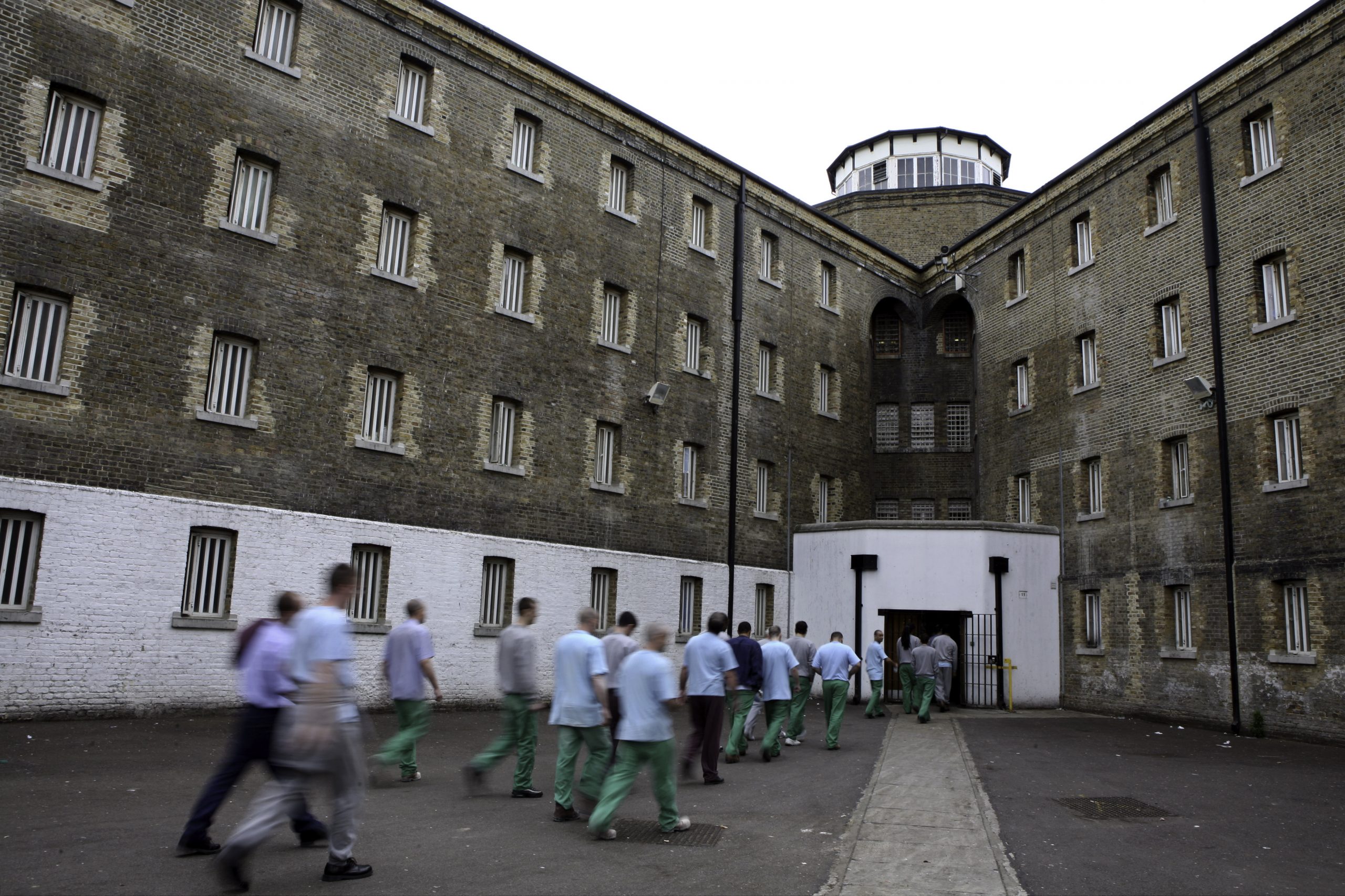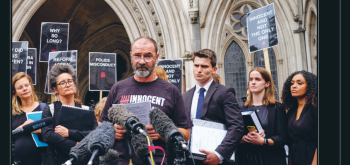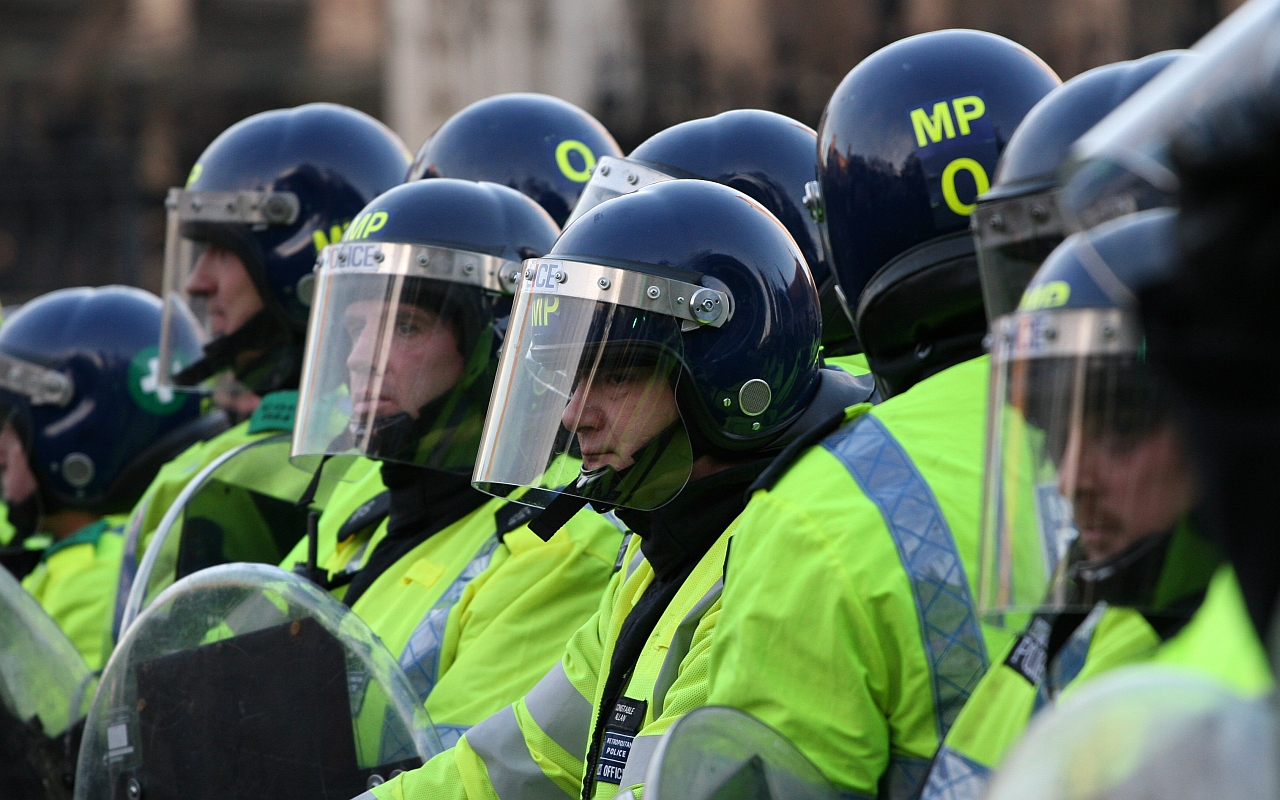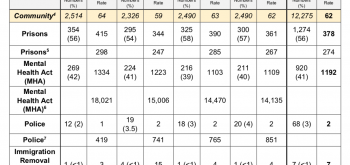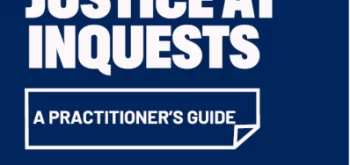A recent investigation by the Observer has revealed widespread use of disputed medical terms, ‘Acute Behavioural Disturbance’ (ABD) and ‘Excited Delirium,’ in explaining deaths following police restraint incidents in the UK. Further concerns have been raised about the disproportionate application of these terms to black individuals, exacerbating existing inequalities in the use of coercive measures.
Despite being rooted in pseudoscience and rejected by medical experts, these terms continue to be employed by authorities, raising concerns among campaigners who argue they perpetuate racial stereotypes and obscure police accountability.
ABD and excited delirium are often used interchangeably to describe individuals exhibiting agitation or bizarre behaviour, often attributed to mental illness or drug use. Symptoms include insensitivity to pain, aggression, and elevated heart rate. While authorities claim these terms aid in identifying individuals in need of medical assistance, critics argue they serve to deflect attention from police actions and responsibilities in restraint-related deaths.
In the case of Krystian Kilkowski, whose death in 2020 involved prolonged police restraint, ABD was cited as a contributing factor, despite subsequent findings of ‘serious failures’ in police conduct. This pattern is not isolated, as at least 44 restraint cases since 2005 have referenced these disputed terms, according to research by Inquest, the Royal College of Psychiatrists, and the Observer.
Deborah Coles, the executive director of Inquest, cautions that use of the terms deflects attention from the ‘inherently dangerous’ way police use restraint against people in crisis. Furthermore, that the terms are used ‘without any doubt, to try and downplay the significance of the police use of force and explain away the role of dangerous and negligent restraint,’ which ‘can really undermine effective public scrutiny and accountability.’
The origins of excited delirium, traced back to a debunked theory from the 1980s, highlight the danger of relying on unproven medical concepts. Despite its discredited status, excited delirium continues to be invoked to explain mysterious deaths after police encounters, both in the US and elsewhere.
While police receive training on ABD recognition, questions remain about its validity and implications. The Independent Office for Police Conduct (IOPC) and the College of Policing have announced a review of their documentation and guidelines regarding these terms. Dr. Habib Naqvi of the NHS Race and Health Observatory emphasizes the need for a collaborative approach to address systemic issues and prevent further tragedies.
As calls for reform intensify, stakeholders emphasize the urgency of action to prevent future deaths and ensure justice for victims of police restraint. For Raju Bhatt, founding partner of a law firm representing affected families, the imperative is clear: he said, ‘It is a much more urgent question of stopping more deaths. Now, today, tomorrow, next week.’
The controversy surrounding these disputed medical terms underscores broader issues of police accountability, racial bias, and the imperative for reform within law enforcement and healthcare systems. As stakeholders grapple with these complex challenges, the need for transparent, evidence-based approaches to policing and mental health crisis intervention remains paramount.




